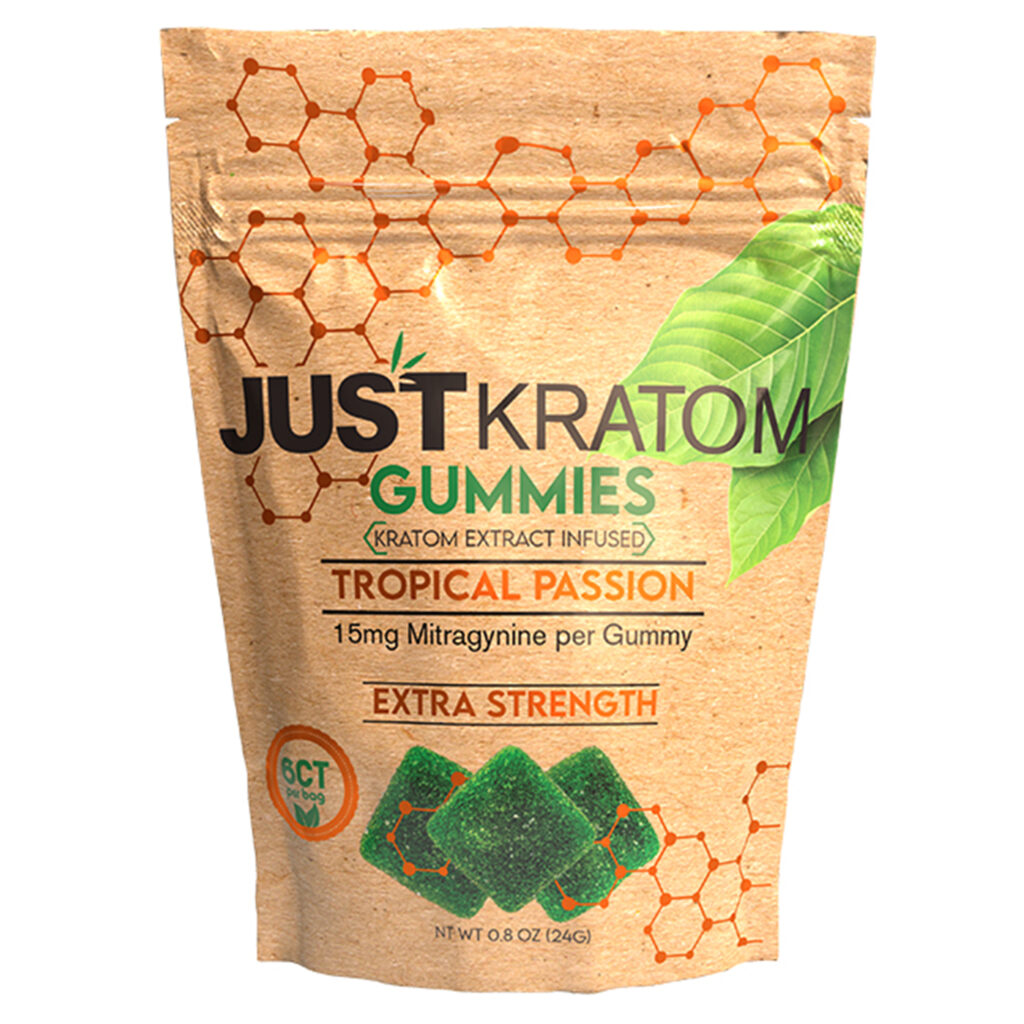Kratom and Migraines
Kratom, a tropical tree native to Southeast Asia, has gained popularity as an herbal remedy for various ailments, including migraines. Users report experiencing pain relief and reduced migraine frequency after consuming kratom products. However, the scientific evidence supporting these claims is limited.
Potential Benefits
Kratom, a tropical tree native to Southeast Asia, has gained popularity as an herbal remedy for various ailments, including migraines. Users report experiencing pain relief and reduced migraine frequency after consuming kratom products. However, the scientific evidence supporting these claims is limited.

Some proponents suggest that kratom’s potential benefits for migraines may stem from its interaction with opioid receptors in the brain.
- Kratom contains compounds called mitragynine and 7-hydroxymitragynine, which are believed to have analgesic (pain-relieving) properties.
- Some studies indicate that kratom may be effective in treating chronic pain conditions, which could potentially translate to migraine relief.
It is important to note that more research is needed to fully understand the potential benefits and risks of using kratom for migraines. Due to limited scientific evidence and the potential for adverse effects, consulting with a healthcare professional before using kratom is crucial.
Mechanism of Action
Kratom, a tropical tree native to Southeast Asia, has gained popularity as an herbal remedy for various ailments, including migraines. Users report experiencing pain relief and reduced migraine frequency after consuming kratom products. However, the scientific evidence supporting these claims is limited.
Some proponents suggest that kratom’s potential benefits for migraines may stem from its interaction with opioid receptors in the brain.
- Kratom contains compounds called mitragynine and 7-hydroxymitragynine, which are believed to have analgesic (pain-relieving) properties.
- Some studies indicate that kratom may be effective in treating chronic pain conditions, which could potentially translate to migraine relief.

It is important to note that more research is needed to fully understand the potential benefits and risks of using kratom for migraines. Due to limited scientific evidence and the potential for adverse effects, consulting with a healthcare professional before using kratom is crucial.
Studies and Research
Kratom, a tropical tree native to Southeast Asia, has gained popularity as an herbal remedy for various ailments, including migraines. Users report experiencing pain relief and reduced migraine frequency after consuming kratom products. However, the scientific evidence supporting these claims is limited.
Some proponents suggest that kratom’s potential benefits for migraines may stem from its interaction with opioid receptors in the brain. Kratom contains compounds called mitragynine and 7-hydroxymitragynine, which are believed to have analgesic (pain-relieving) properties. Some studies indicate that kratom may be effective in treating chronic pain conditions, which could potentially translate to migraine relief.
It is important to note that more research is needed to fully understand the potential benefits and risks of using kratom for migraines. Due to limited scientific evidence and the potential for adverse effects, consulting with a healthcare professional before using kratom is crucial.
Dosage and Administration
Kratom, a tropical tree native to Southeast Asia, has gained popularity as an herbal remedy for various ailments, including migraines. Users report experiencing pain relief and reduced migraine frequency after consuming kratom products. However, the scientific evidence supporting these claims is limited.
Some proponents suggest that kratom’s potential benefits for migraines may stem from its interaction with opioid receptors in the brain. Kratom contains compounds called mitragynine and 7-hydroxymitragynine, which are believed to have analgesic (pain-relieving) properties. Some studies indicate that kratom may be effective in treating chronic pain conditions, which could potentially translate to migraine relief.

It is important to note that more research is needed to fully understand the potential benefits and risks of using kratom for migraines. Due to limited scientific evidence and the potential for adverse effects, consulting with a healthcare professional before using kratom is crucial.
Side Effects and Risks
Kratom, a tropical tree native to Southeast Asia, has gained popularity as an herbal remedy for various ailments, including migraines. Users report experiencing pain relief and reduced migraine frequency after consuming kratom products. However, the scientific evidence supporting these claims is limited.
Some proponents suggest that kratom’s potential benefits for migraines may stem from its interaction with opioid receptors in the brain. Kratom contains compounds called mitragynine and 7-hydroxymitragynine, which are believed to have analgesic (pain-relieving) properties. Some studies indicate that kratom may be effective in treating chronic pain conditions, which could potentially translate to migraine relief.
It is important to note that more research is needed to fully understand the potential benefits and risks of using kratom for migraines. Due to limited scientific evidence and the potential for adverse effects, consulting with a healthcare professional before using kratom is crucial.
Legality and Regulations
Kratom, a tropical tree native to Southeast Asia, has gained popularity as an herbal remedy for various ailments, including migraines. Users report experiencing pain relief and reduced migraine frequency after consuming kratom products. However, the scientific evidence supporting these claims is limited.
Some proponents suggest that kratom’s potential benefits for migraines may stem from its interaction with opioid receptors in the brain. Kratom contains compounds called mitragynine and 7-hydroxymitragynine, which are believed to have analgesic (pain-relieving) properties. Some studies indicate that kratom may be effective in treating chronic pain conditions, which could potentially translate to migraine relief.
It is important to note that more research is needed to fully understand the potential benefits and risks of using kratom for migraines. Due to limited scientific evidence and the potential for adverse effects, consulting with a healthcare professional before using kratom is crucial.
The legal status of kratom varies greatly depending on location. In some countries, it is legal and readily available, while in others it is banned or heavily restricted.
In the United States, kratom’s legal status is complex and inconsistent. It is legal at the federal level but has been banned or restricted by individual states. This patchwork of regulations creates uncertainty for consumers and businesses alike.
Regulations regarding kratom products often focus on quality control and safety. This can include requirements for labeling, testing, and manufacturing practices to minimize the risk of contamination or adulteration.
It is essential to stay informed about the legal status and regulations surrounding kratom in your specific location.
Alternatives to Kratom Gummies
Kratom, a tropical tree native to Southeast Asia, has gained popularity as an herbal remedy for various ailments, including migraines. Users report experiencing pain relief and reduced migraine frequency after consuming kratom products. However, the scientific evidence supporting these claims is limited.
Some proponents suggest that kratom’s potential benefits for migraines may stem from its interaction with opioid receptors in the brain. Kratom contains compounds called mitragynine and 7-hydroxymitragynine, which are believed to have analgesic (pain-relieving) properties. Some studies indicate that kratom may be effective in treating chronic pain conditions, which could potentially translate to migraine relief.
It is important to note that more research is needed to fully understand the potential benefits and risks of using kratom for migraines. Due to limited scientific evidence and the potential for adverse effects, consulting with a healthcare professional before using kratom is crucial.
If you are considering trying kratom gummies or other kratom products for migraine relief, it’s important to explore alternative options as well.
- Over-the-counter pain relievers: Medications like ibuprofen (Advil, Motrin) and naproxen (Aleve) can be effective in reducing migraine pain.
- Prescription medications: Your doctor may prescribe stronger pain relievers or medications specifically designed to treat migraines, such as triptans.
- Lifestyle modifications: Identifying and avoiding your migraine triggers, getting regular sleep, managing stress, and eating a healthy diet can help prevent migraines.
- Alternative therapies: Acupuncture, biofeedback, and massage therapy have shown promise in some individuals for migraine relief.
Conclusion
While kratom shows promise as a potential treatment for migraines based on user reports and preliminary research, it’s crucial to acknowledge the limitations of current scientific evidence. The potential benefits of kratom for migraines are still under investigation, and more research is needed to determine its efficacy and safety.
Affordable Kratom Gummies shipped to your door
- Can Kratom Gummies Help With Migraines? - June 9, 2025
- Can Dermal Fillers Enhance Your Profile Without Surgery? - June 8, 2025
- Skin Injectables Near Busbridge, Surrey - June 8, 2025
